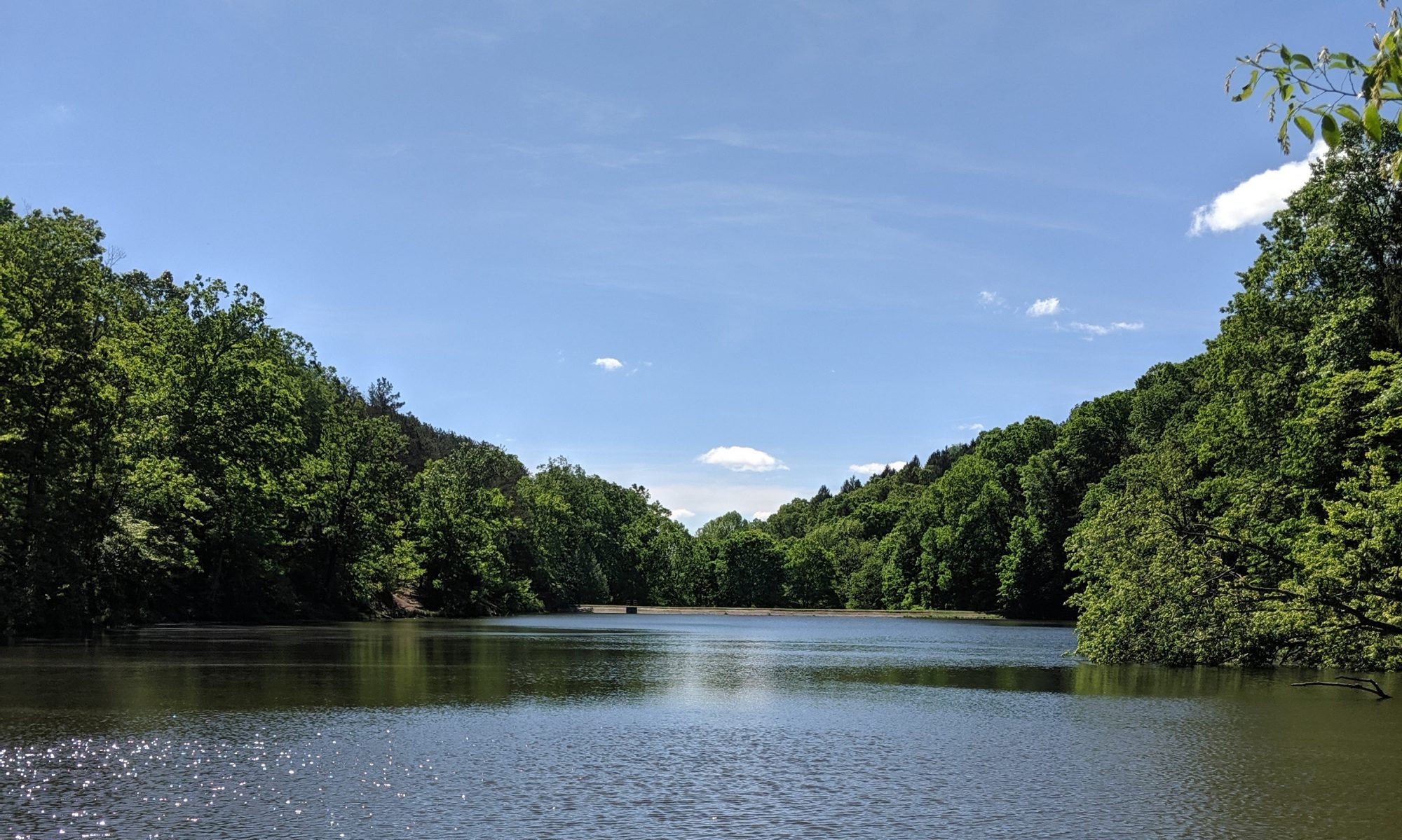Hope springs eternal in the human breast:
Man never is, but always to be blest…”
From An Essay on Man: Epistle 1 by Alexander Pope
The first of January is now a memory. The days that have transpired since have made the ringing in of the Gregorian New Year a day I would rather forget as we make our way towards spring. I have always considered February to be the longest month of the year from a metaphysical point of view—my body and spirit just want it to end. Other than Valentine’s Day, it is bereft of holidays or distracting celebrations, unless we get a good snow and school is cancelled. Valentine’s Day is a brief flash of warmth in an otherwise long and tedious month. It also doesn’t help that the local groundhog saw his shadow, predicting six more weeks of winter.
I just made it through another February and my eyes are fixed on March 19th—at 11:50 P.M. EST to be exact. It’s certainly not to celebrate the 102nd anniversary of the date the U.S. Congress approved daylight-savings time (DST); rather, it’s to celebrate the vernal equinox, the first day of spring. I liked it better when Indiana didn’t adhere to DST, but that’s another story.
The vernal equinox brings increasing daylight, warming temperatures, and the awakening of our flora and fauna. “Equinox” is derived from Latin, meaning “equal night” marked by our days and nights being approximately equal and the sun rising and setting due east and west. The tilt of the Earth relative to the sun is zero, which means the earth’s axis neither points toward nor away from the sun (Old Farmer’s Almanac).
For me, that day in March welcomes the real New Year, not midnight on January 1st—the latter just another day on the calendar. The planets align just so, rather than manifest as some tick on the proverbial clock. We have become slaves to the Gregorian calendar. We go to work, we celebrate birthdays, we take our holidays when the calendar permits, and we live by the seven-day week. We know the length of each month and what comes after Monday. Can you hear your alarm going off?
The calendar segments our time as it marches on, following the same predictable pattern: 2019, 2020, January, February, Monday, Tuesday, Wednesday, and on and on. Every minute of every day is counted as if it is a balance sheet or profit and loss statement. Our cell phones, e-mail, and electronic gadgetry adorn our bodies and souls like chains, binding us to our calendar lives. The latest and greatest technology only serves to anchor us deeper into the Gregorian year. Slowly but surely we lose the connection to the rhythms of nature.
Instead of counting twelve months, 365 days, 8,760 hours, 525,600 minutes, or 31,536,000 seconds, we should pay more attention to nature’s cycles, the cycles of birth, growth, decline, and rebirth—driven by the vernal equinox, the summer solstice, the autumnal equinox, and finally the winter solstice. The cycles of our planet continue on, oblivious to the Gregorian calendar. The plants know when to emerge in spring, the trees to bud, the birds to nest, the mammals to den up, the flowers to bloom, the leaves to drop, the winds to blow, the snow to fall, the rains to come and go.
We march through our lives in parallel systems: one defined by man, the other by nature. In man’s world, we constantly expect nature to adhere to our narrow concept of time. Try as we might, we will not be successful. The other system belongs to nature. She doesn’t know the first from the fifteenth but tells us when the buds on the trees will leaf out, the first wildflowers will appear, and the cardinals will sing their mating songs. Perhaps we will never be able to live fully to nature’s time, but the more we try I think the better connected we will be to our natural world. Time moves at a different pace when we use nature’s clock. We slow down and become more observant of the subtle shifts in our surroundings. But this is a difficult transition: for most of us, it’s still, “I’ll be home at six, the meeting starts at 3:30 P.M., or the party starts at 8:00 P.M.” Or rather, “I’ll be there at the sun’s rise, when the moon is full, or as soon as the rain stops.” There is one moment in time when we will all adhere to nature’s calendar. It won’t be necessary to verify your appointment on your electronic gadget or the Gregorian calendar. No alarms will go off and the calendar won’t mean a damn.





























